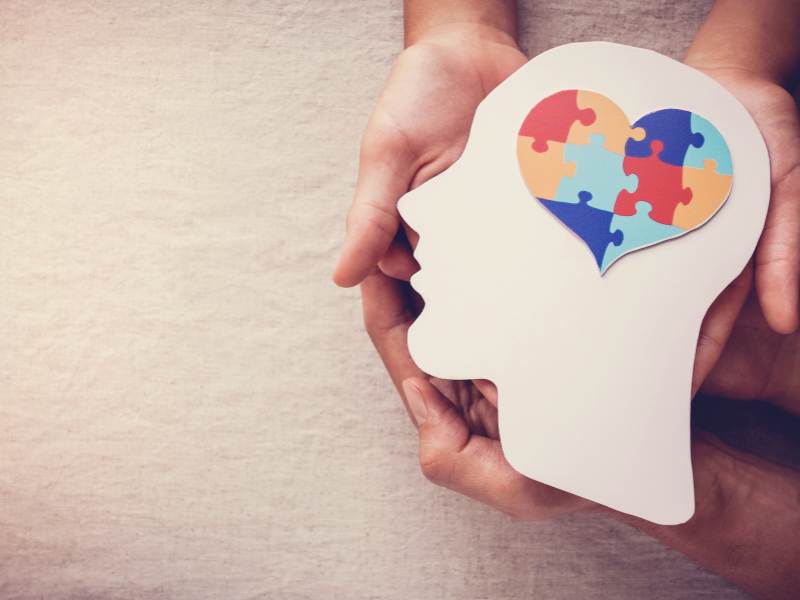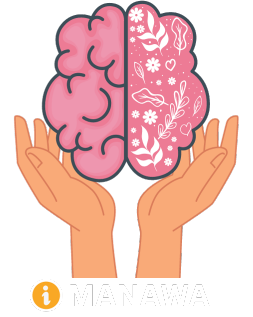
Introduction
In today’s fast-paced and demanding world, it’s becoming increasingly important to prioritize our mental health. With stress levels on the rise, it’s crucial to understand the significance of mental health days. In this comprehensive guide, we will explore the concept of mental health days and delve into how many mental health days a year are recommended for optimal well-being. Through personal experiences, expert advice, and credible sources, we aim to provide accurate and helpful information to our readers.

The Concept of Mental Health Days
Mental health days are days taken off from work or other obligations to focus on self-care and mental well-being. These days serve as an opportunity to rest, recharge, and address any mental health concerns. By taking the time to prioritize our mental health, we can improve our overall well-being and maintain a healthy work-life balance.

How Many Mental Health Days a Year Should You Take?
Finding the right balance between work and personal life is essential for maintaining good mental health. While there is no one-size-fits-all answer to how many mental health days a year one should take, experts suggest considering various factors such as workload, stress levels, and individual needs. It is crucial to listen to your body and mind and recognize when you need a break. However, it is generally recommended to take at least 2-3 mental health days per year to ensure adequate self-care and avoid burnout.
The Importance of Mental Health Days
- Rest and Recharge: Mental health days provide an opportunity to recharge and rejuvenate. Getting away from work and other stressors allows you to relax, refocus, and return to your responsibilities with renewed energy.
- Stress Reduction: Taking mental health days helps reduce stress levels, giving your mind and body a chance to recover from the daily pressures of life. This can enhance coping mechanisms, reduce anxiety, and improve overall well-being.
- Prevention of Burnout: Burnout is a state of chronic exhaustion caused by prolonged exposure to stress. Taking regular mental health days can prevent burnout by allowing you to address and manage stressors before they become overwhelming.
- Improvement of Productivity: By taking time off to prioritize your mental health, you can improve your productivity and effectiveness in both personal and professional domains. Mental well-being is crucial for maintaining focus, creativity, and motivation.
- Enhancement of Work-Life Balance: Mental health days play a significant role in achieving a healthy work-life balance. They allow you to allocate time specifically for self-care and ensure that work does not overshadow other important aspects of your life.
Signs That You Need a Mental Health Day
- Chronic fatigue and low energy levels: Feeling constantly exhausted and drained, both physically and mentally, may indicate the need for a mental health day. This can be a sign of excessive stress or burnout.
- Lack of concentration and focus: If you find it challenging to concentrate on tasks and are easily distracted, it may be a sign that your mental well-being is compromised. Taking a mental health day can help you regain your focus and improve productivity.
- Increased irritability or mood swings: Unexplained irritability, frequent mood swings, or emotional instability can be signs of underlying mental health issues. Taking a day to prioritize your mental health can help address and manage these emotions.
- Decreased job satisfaction: If you find yourself losing interest in your work or feeling demotivated, it may be time to take a mental health day. This can help you rediscover your passion and reignite your enthusiasm.
Expert Tips for Taking a Mental Health Day
- Plan your mental health day in advance: By scheduling your mental health days in advance, you can ensure that you have sufficient time to unwind and relax. This also allows for better communication with your employer, colleagues, and family.
- Disconnect from work and technology: To truly benefit from your mental health day, disconnect from work-related emails, messages, and notifications. Give yourself permission to disconnect and devote the day to self-care.
- Engage in activities that promote well-being: Explore activities that bring you joy and promote relaxation. This could include practicing mindfulness, engaging in creative hobbies, spending time in nature, or connecting with loved ones.
- Prioritize self-care: Use your mental health day to prioritize self-care. Engage in activities such as exercise, practicing good sleep hygiene, eating nourishing meals, and engaging in activities that bring you joy.
Frequently Asked Questions (FAQs)
Q: How do mental health days benefit overall well-being?
A: Mental health days provide an opportunity to prioritize self-care, reduce stress, prevent burnout, improve productivity, and enhance work-life balance. By addressing mental health needs, individuals can experience improved well-being and overall quality of life.
Q: Can mental health days be taken in addition to regular vacation days?
A: Mental health days are distinct from regular vacation days, as they focus on mental well-being rather than leisure and travel. While it is possible to combine mental health days with vacation days, it is crucial to allocate specific days for mental rejuvenation and self-care.
Q: Are mental health days widely accepted by employers?
A: The recognition and acceptance of mental health days vary depending on the organization and industry. However, with the increasing importance placed on employee well-being, many employers are embracing the concept of mental health days and encouraging their employees to take time off for self-care.
Q: Can mental health days be used to address specific mental health conditions?
A: While mental health days can provide a temporary break and support overall mental well-being, they should not replace professional help for specific mental health conditions. If you are experiencing a mental health crisis or need ongoing support, it is essential to consult with a mental health professional.
Conclusion
Taking care of your mental health is a crucial aspect of living a fulfilling and balanced life. Mental health days offer a valuable opportunity to prioritize self-care, reduce stress, prevent burnout, and maintain a healthy work-life balance. By recognizing the signs that you need a mental health day, planning in advance, and engaging in activities that promote well-being, you can reap the benefits of optimal mental well-being. Remember, it’s essential to listen to your body and mind and take the time you need to recharge and rejuvenate. So, how many mental health days a year will you prioritize for your well-being?
